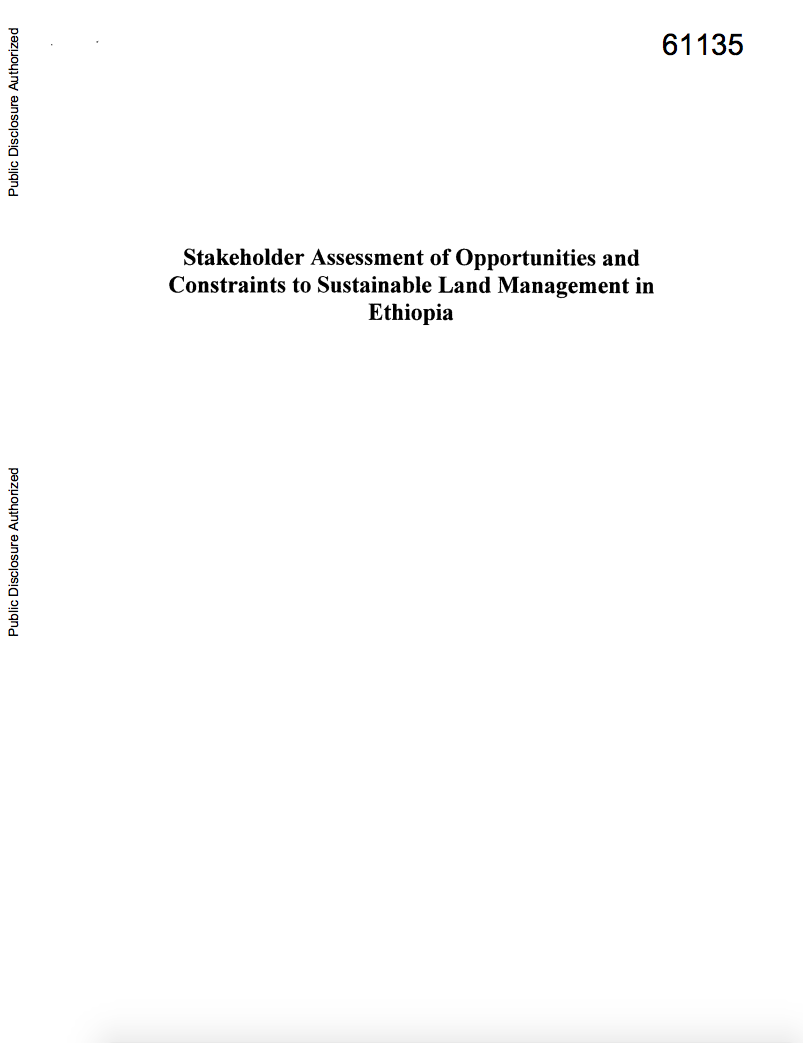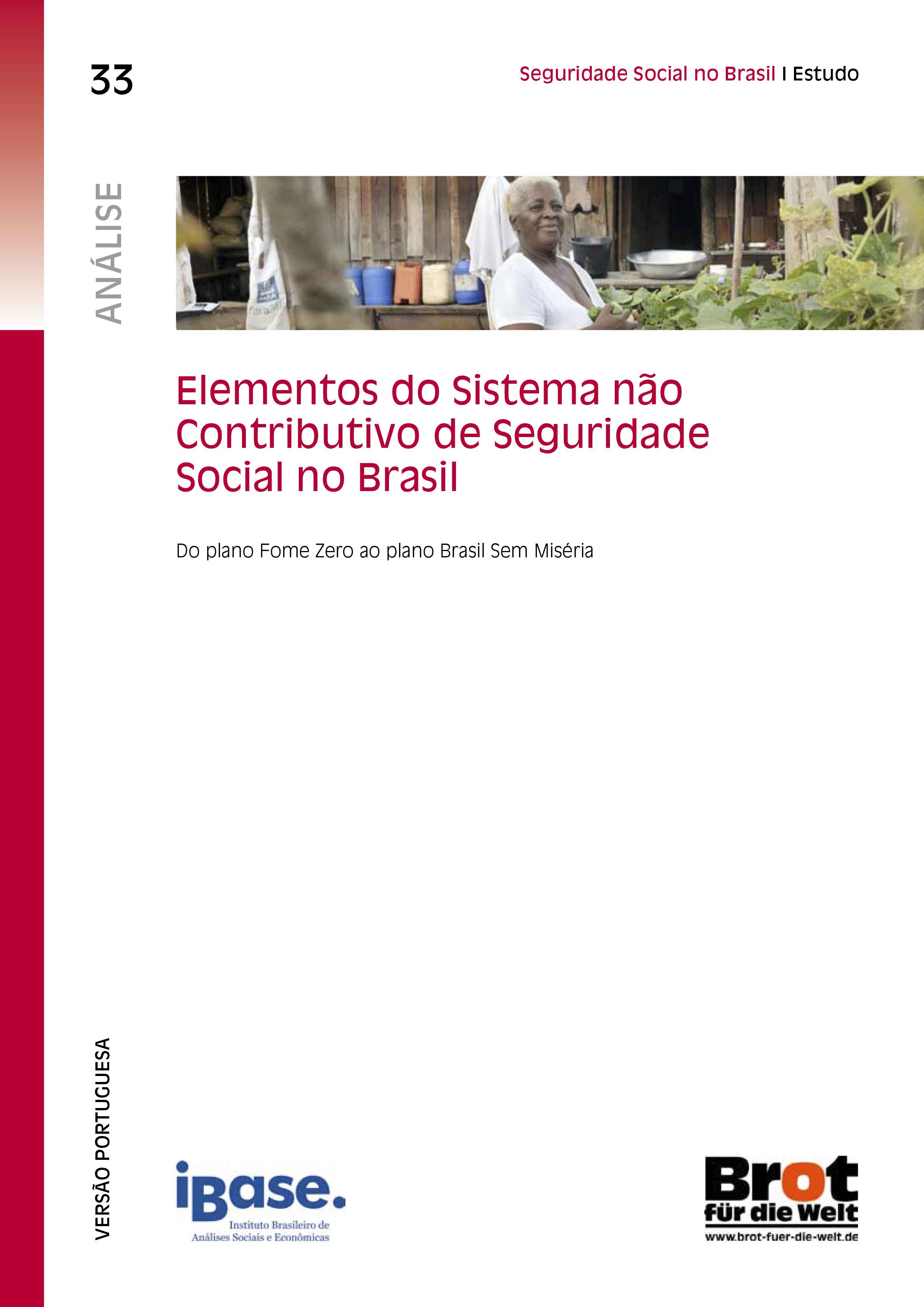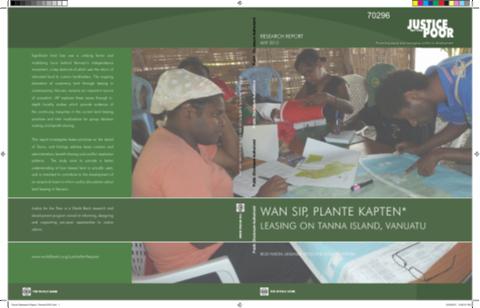Angola : Investment Climate Assessment
Successive armed conflicts, which lasted
almost three decades after independence, have devastated
Angola and its economy. However, since the peace accord of
April 2002, Angolans have begun a transition toward national
reconciliation and lasting peace. For the Government of
Angola (GoA), one of the main challenges ahead is to
reconstruct the economy and reunite society after a war that
has left its most visible marks on the millions of displaced





